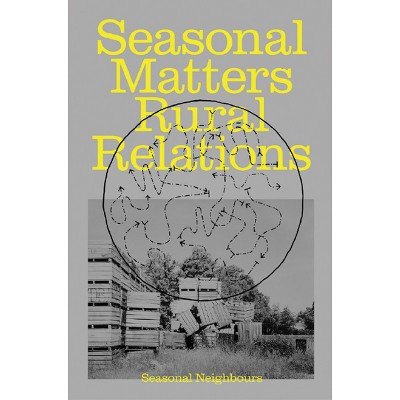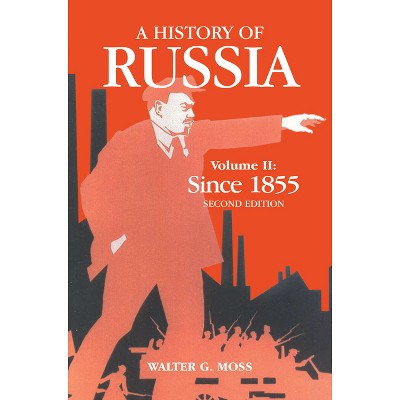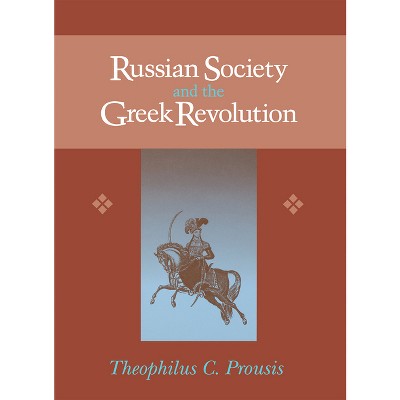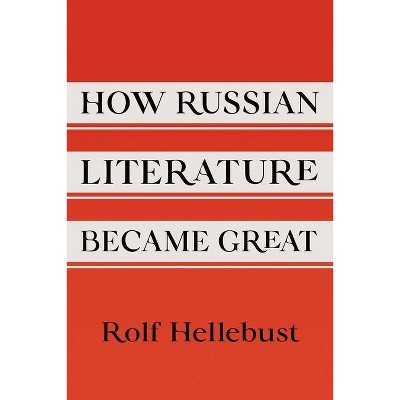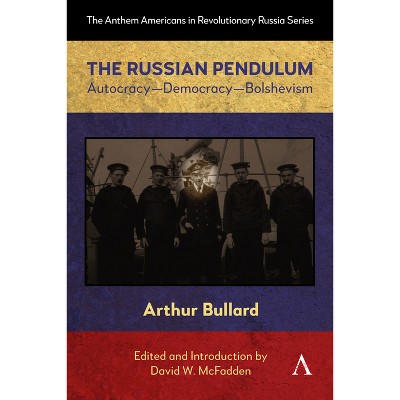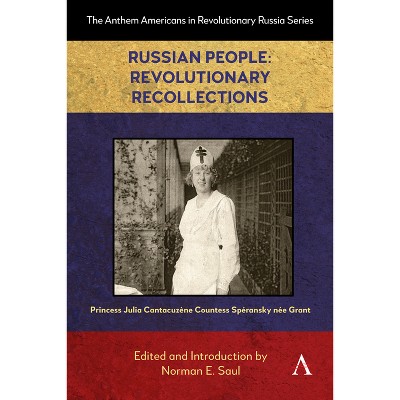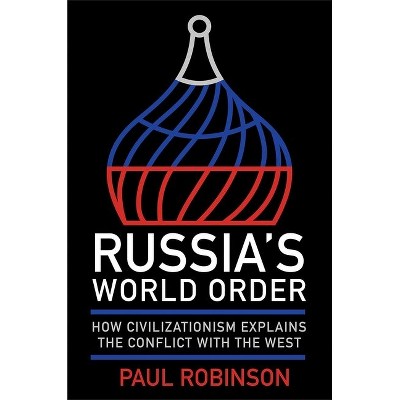Sponsored

Collaboration in Space and the Search for Peace on Earth - (Anthem Russian, East European and Eurasian Studies) by Andrew L Jenks (Paperback)
Pre-order
Sponsored
About this item
Highlights
- The book explores the era of space collaboration (from 1970 to the present).
- About the Author: Andrew Jenks is a Professor of History at California State University, Long Beach.
- 180 Pages
- History, Europe
- Series Name: Anthem Russian, East European and Eurasian Studies
Description
About the Book
The book explores the peaceful exploration of space, which became a launching pad for new visions of human community and peaceful collaboration during the Cold War.
Book Synopsis
The book explores the era of space collaboration (from 1970 to the present). This period has been largely ignored by historians in favor of a focus on the earlier space race. The Apollo-Soyuz Test Project, a key program and catalyst for Détente, marked the transition to the new age of space collaboration, which continued through the Soviet Interkosmos missions, the Mir-Shuttle dockings of the early 1990s, and on through the International Space Station. Europeans, Americans, and Russians envisioned space collaboration as a way to reconfigure political and international relations.
The shift toward collaboration was a result of a new focus on safety, which displaced the earlier emphasis on risk-taking in the first phase of the space race, when military imperatives often overshadowed peaceful goals. Apollo-Soyuz (ignored by Cold War historians) was thus imagined as a test project for a docking mechanism that would allow a manned-capsule stranded in orbit to dock with another capsule and provide an escape hatch back to earth (it was actually inspired, in part, by the 1969 Hollywood film "Marooned" with Gene Hackman). The focus on engineering for safety grew out of the broader concerns about environmental degradation and nuclear war that in turn reflected a growing sense in the 1970s and 1980s of the dangers associated with excessive risk-taking in politics and engineering. Few historians or social scientists have examined the social construction of safety and its use in engineering and politics.
The book draws on the Russian Academy of Sciences Archives, Nixon and Reagan libraries and National Archives Collections, NASA headquarters library documents, and various memoirs and other published sources in English and Russian.
Review Quotes
Jenks describes how a handful of commissars and Apollo Lunar Module pilots saw space exploration as an alternative to the Cold War, but the ruthless apparatchiks who wrote the checks--Leonid Brezhnev and Richard Nixon--were not the ones with their heads in the clouds. Their pieties about "universal brotherhood" were simpleminded and solipsistic, uttered in the hope that history would remember these two warmongers as better men than they knew they were.--Matthew Lavine and Alexandra Hui.
Andrew Jenks's Collaboration in Space and the Search for Peace on Earth challenges the dominance of the competitive paradigm in the history of early space-flight and turns our attention to international collaboration in space. Jenks's analysis does not end in the deep of outer space. Still, it returns to Earth in order to shed light on political and societal implications resulting from the internationalization of efforts in space. - Darina Volf, A Postdoctoral Researcher at LMU Munich, Technology and Culture 63, no. 3 (2022), pp 885-86.
About the Author
Andrew Jenks is a Professor of History at California State University, Long Beach.
Shipping details
Return details
Frequently bought together


Guests also viewed




